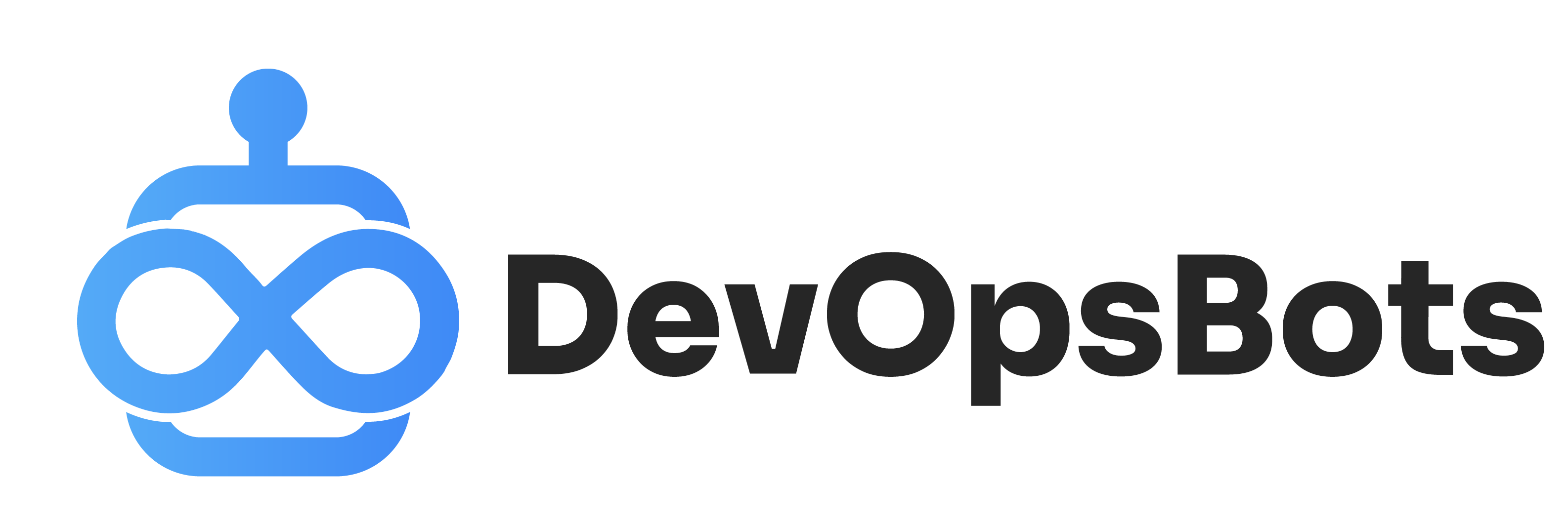Top 25 Skills to Upskill in 2024 for DevOps and SRE Engineers: A Comprehensive Guide
Introduction:
As organizations adopt digital transformation strategies, the roles of DevOps and Site Reliability Engineering (SRE) professionals have become more critical than ever. Staying ahead of technological changes is essential, and in 2024, DevOps and SRE engineers will need a blend of skills across AI, automation, coding, and cloud computing to remain competitive. Here’s a detailed guide to the 25 most crucial skills that DevOps and SRE engineers should focus on mastering in 2024.
1. Cloud Computing Mastery
With multi-cloud adoption on the rise, engineers must be proficient in various platforms:
- AWS: Learn to utilize Amazon’s extensive ecosystem, such as EC2, S3, RDS, and EKS.
- Azure: Understand Azure’s unique services like Cosmos DB, Azure Kubernetes Service (AKS), and Azure Functions.
- Google Cloud (GCP): Master tools like BigQuery, Cloud Functions, and GKE (Google Kubernetes Engine).
2. Kubernetes & Container Orchestration
Orchestration systems enable effective container management:
- Kubernetes: Deploy scalable, resilient clusters with services like Istio, Helm, and network policies.
- Docker: Create reproducible development environments using Docker Compose and Swarm mode.
3. Infrastructure as Code (IaC)
IaC tools make resource provisioning efficient:
- Terraform & Pulumi: Implement multi-cloud infrastructure with version-controlled declarative scripts.
- AWS CloudFormation: Manage AWS resources using JSON/YAML templates.
- Azure Resource Manager (ARM): Automate Azure infrastructure deployment.
4. CI/CD Pipeline Automation
CI/CD pipelines accelerate delivery:
- Jenkins: Implement complex build pipelines with shared libraries.
- GitHub Actions & GitLab CI: Automate code builds, tests, and deployments.
5. Monitoring & Observability
Effective observability provides valuable insights:
- Prometheus & Grafana: Monitor performance, alerting on metrics.
- New Relic, Datadog, Sumologic: Centralize application and infrastructure monitoring.
6. Security & DevSecOps
Security should be embedded within development:
- Snyk & Aqua Security: Identify vulnerabilities and manage container security.
- Zero Trust Architecture: Implement strict access controls and encrypted communications.
7. Site Reliability Engineering (SRE) Principles
SRE bridges development and operations:
- Service Level Indicators (SLIs): Measure key performance metrics.
- Incident Management: Conduct blameless postmortems and refine alert policies.
8. Programming & Scripting
Proficiency in coding is crucial for automation:
- Python, Go, & Bash: Develop reusable scripts for repetitive tasks.
- Rust & Ruby: Leverage fast and efficient programming languages.
9. AI & Machine Learning Integration
AI can transform monitoring and alerting:
- Predictive Analytics: Analyze historical trends to predict future incidents.
- MLOps: Integrate ML models into CI/CD pipelines with frameworks like Kubeflow.
10. Automation & Robotic Process Automation (RPA)
Automate repetitive tasks with RPA:
- UiPath & Blue Prism: Automate business workflows and repetitive operations.
11. Configuration Management
Manage configuration across environments:
- Ansible, Puppet, & Chef: Implement consistent application configurations.
12. Networking & Security Fundamentals
Networking skills ensure seamless connectivity:
- Protocols & Firewalls: Deepen understanding of HTTP, VPNs, and IPSec tunnels.
- Cloud Networks: Secure VPCs, subnets, and security groups.
13. Service Mesh
Manage inter-service communication effectively:
- Istio & Linkerd: Control traffic routing, load balancing, and security.
14. Serverless Architectures
Serverless is the future of application delivery:
- AWS Lambda & Azure Functions: Build event-driven microservices with minimal overhead.
15. Edge Computing
Process data closer to its source:
- Edge Frameworks: Explore open-source solutions like Open Horizon or KubeEdge.
16. API Management
APIs connect diverse systems:
- Kong, Apigee, & Postman: Design and secure APIs with rate limiting, authentication, and monitoring.
17. Log Management & Analysis
Centralized logging simplifies troubleshooting:
- Splunk & Graylog: Aggregate and analyze logs to uncover trends and anomalies.
18. Chaos Engineering
Chaos testing reveals system vulnerabilities:
- Gremlin & Chaos Monkey: Simulate system failures to improve resilience.
19. Collaboration & Communication
Effective communication drives teamwork:
- Cross-Functional Teams: Learn agile methodologies, facilitate collaboration, and maintain concise documentation.
20. Agile & Lean Practices
Agile and Lean principles empower iterative development:
- Scrum & Kanban: Manage sprints and continuous improvements efficiently.
21. Data Engineering
Data pipelines streamline information flow:
- ETL & Big Data: Learn frameworks like Apache Kafka, NiFi, and Spark.
22. Cost Optimization
Optimize cloud spending:
- Cloud Cost Management: Analyze resource utilization and adopt automated scaling.
23. Technical Documentation
Accurate documentation improves productivity:
- Runbooks & Wikis: Create comprehensive runbooks for incident handling and troubleshooting.
24. Compliance & Governance
Align with legal and industry standards:
- GDPR, CCPA, PCI DSS, ISO 27001: Implement data protection and security practices.
- Single Point of Contact (SPOC): Designate roles for compliance management and audits.
25. Community Involvement
Networking enriches professional development:
- Open Source Communities: Contribute to projects and learn new practices.
Conclusion:
In 2024, DevOps and SRE engineers must continuously refine their skills to navigate an ever-evolving technological landscape. Learning new frameworks, exploring emerging technologies, and networking with communities will be crucial to mastering modern infrastructure and software delivery practices.


